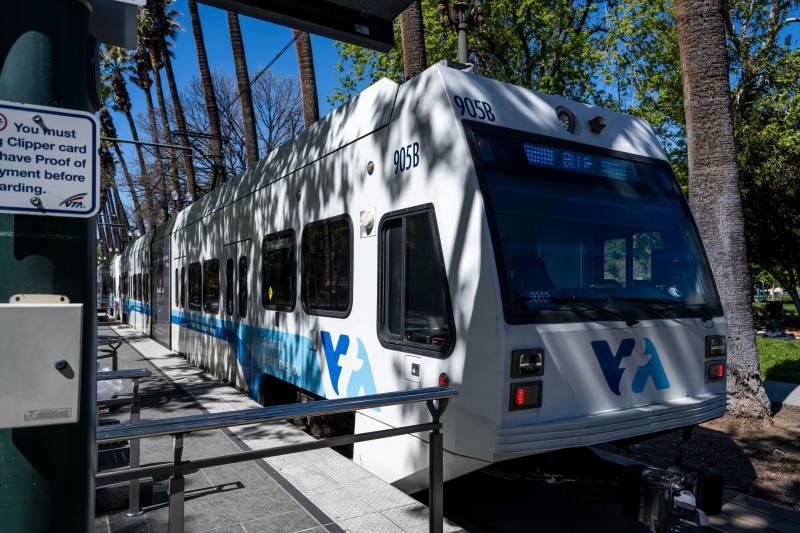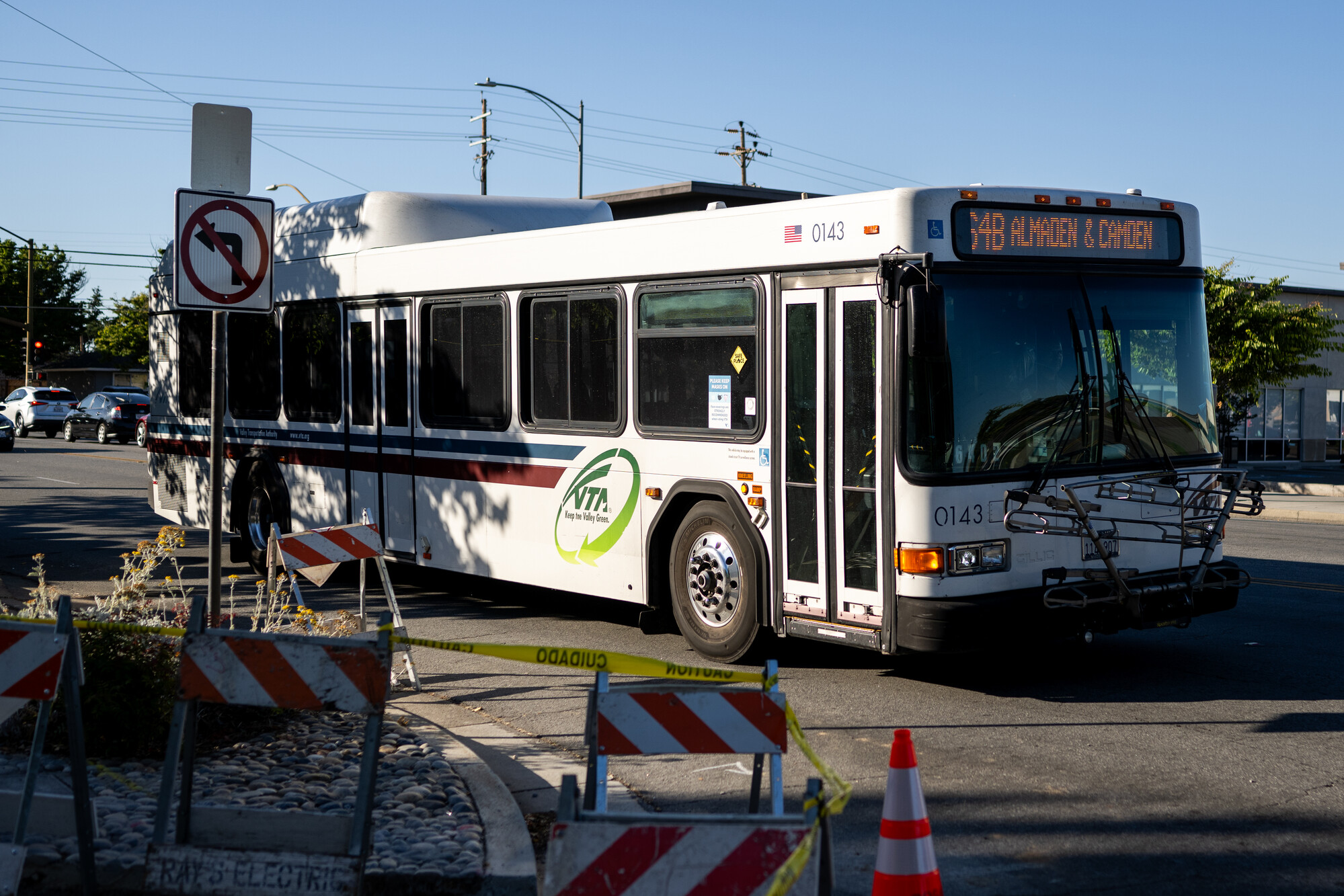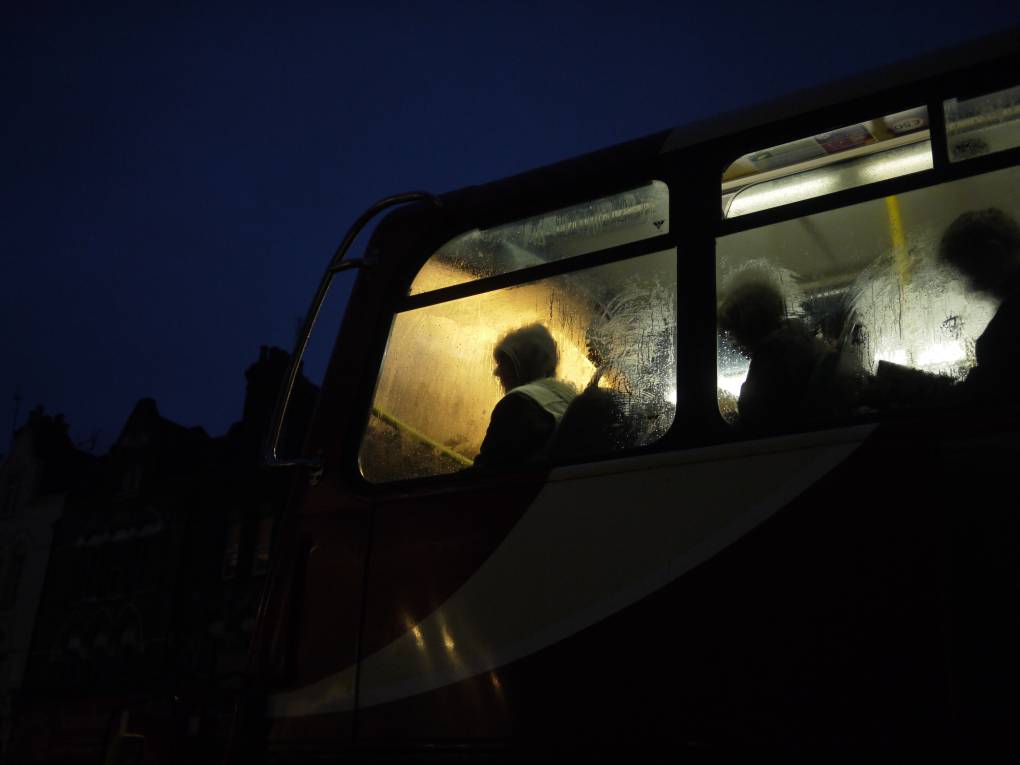The latest offer from VTA to the union is a 9% raise spread over three years, with 4% offered in the first year, then 3% and 2%, respectively, in the latter years. The union’s most recent ask is for an 18% raise over the same time period, with 6% raises each year, according to Singh.
He said the negotiations are not just about the numbers but about fairness. For most of the talks, the agency offered union workers a total 3% raise, with 1% given each year, claiming it couldn’t afford more, Singh said. However, workers were angered to then see General Manager Carolyn Gonot given a 4% raise at a January board meeting, increasing her base compensation to $386,900 annually.
Following a February board meeting where hundreds of ATU workers spoke out demanding a better contract, the transit agency upped its offer to the current one, Singh said.
“Negotiations have not been in good faith. The communication was very poor,” Singh said. “The beginning is usually just a waste of time, and that’s what they essentially did for five months when they were off-putting that 1% on the table.”
But Hendler Ross rebuffed that assertion, saying the agency is negotiating in good faith. VTA’s frontline workers are the second-highest paid transit workers in the region, she said, and the agency’s current offer would maintain that status.
“VTA is trying to balance two very important interests here. On one hand, for our employees, we want to be as supportive and fair as possible. On the other hand, for our customers, we want to make sure that we can provide the service that they depend on,” Hendler Ross said.
Singh also said the agency, in recent years, has been avoiding arbitration to settle some disputes or grievances with workers, going against decades of established practice. Putting clearer rules on paper about when arbitration could be used is one of the sticking points in the talks, he said.
Hendler Ross declined to comment in detail about the arbitration issues.
“What I can tell you is that VTA is negotiating in good faith and that we have put across a very competitive and strong and supportive offer for our employees,” she said.



